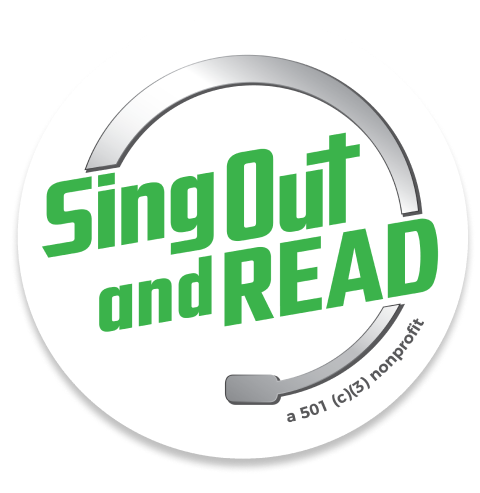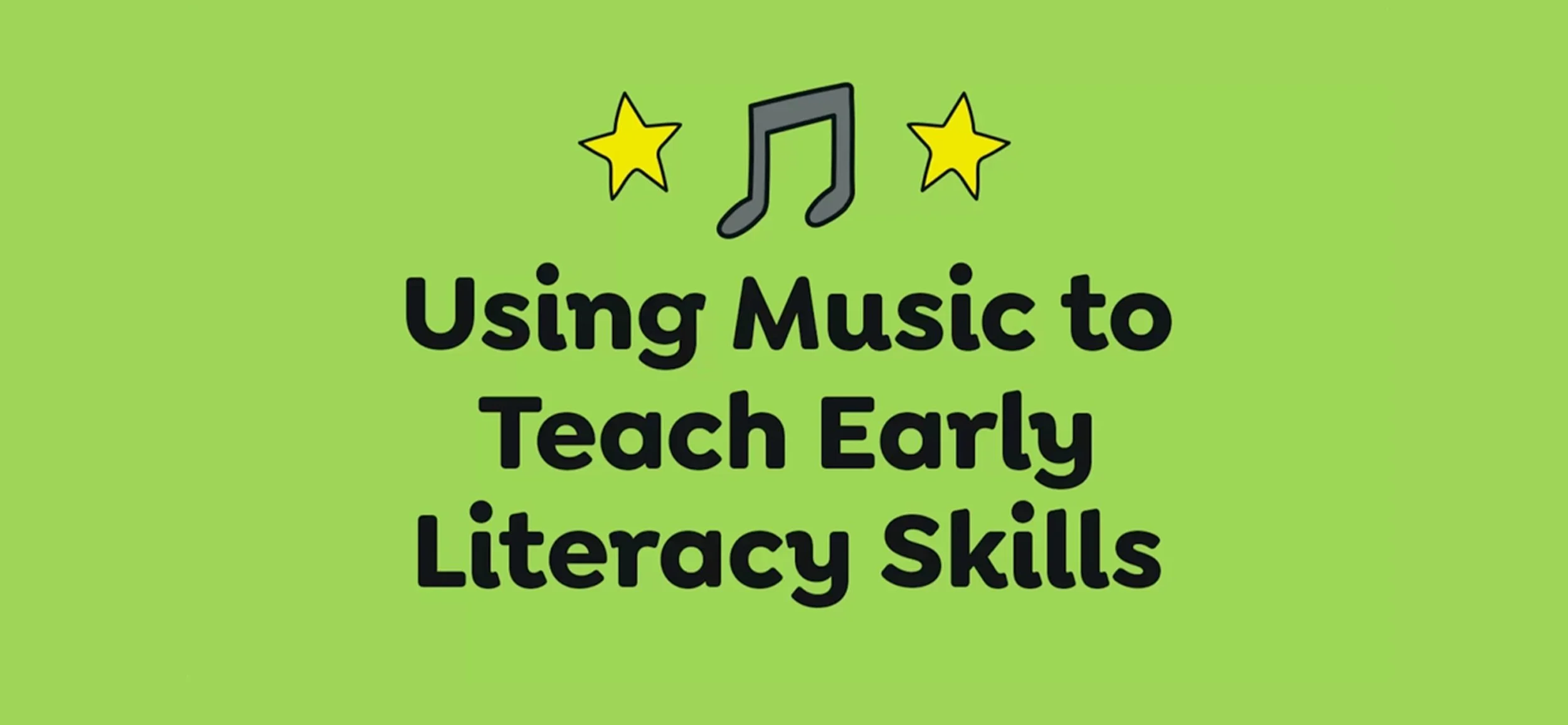Using Music to Teach Early Literacy Skills
By: Ginger Dohmen
Source →Educators are always looking for new methods to teach reading and writing. With the appropriate structure and implementation, fostering early literacy skills through singing and music can be extremely valuable and effective.
The early literacy skills required for reading that are enhanced through singing are: phonological awareness, letter knowledge, print awareness, narrative skills, vocabulary, and print motivation. Music fits in well with an early education classroom because it encourages and intrigues the children. Singing provides a practical tool educators can use to improve and increase the acquisition of skills needed to read, and retain core academic knowledge.
Early Literacy Skills
Phonological awareness, and the realization that words are made up of a variety of sound units, is one of the first stages of literacy. Music and singing is all about phonological awareness. Through song, children can segment sounds, create blends and different sound “chunks”.
Letter knowledge and print awareness also comes at these early stages of literacy. Just as we learn the alphabet by singing the alphabet song, children can recognize letters, and become aware of their structure through music.
Narration with music builds comprehension, awareness of plot, characterization, visualization, perspective-taking, and author’s point of view.
Word knowledge and vocabulary needs application. Singing about vocabulary can provide a unique medium to teach and put words into context.
Writing goes hand-in-hand with reading. Because Common Core calls for writing that reflects on text, teaching reading skills through effective mediums like song, can improve writing skills.
Music and Singing Enhance Daily Interactions with Children
Children love to learn. When implemented properly, children enjoy different presentations of content. Music provides an exciting and enjoyable presentation of content.
So often our classrooms are teacher-centered, and the voice of the teacher dominates. Singing allows for children to be more vocal, and participate with the educator. Being able to alternate among different methods of instruction, singing and music being one, keeps children focused, involved, and learning.
Texts express ideas, singing to interpret text adds a deeper layer of understanding. When learning or reading about safety and life skills, children can sing and build literacy skills. Transitions in the classroom, especially at younger ages, can be a struggle for teachers. Singing, while making those shifts in the classroom, can really smooth transitions out.

